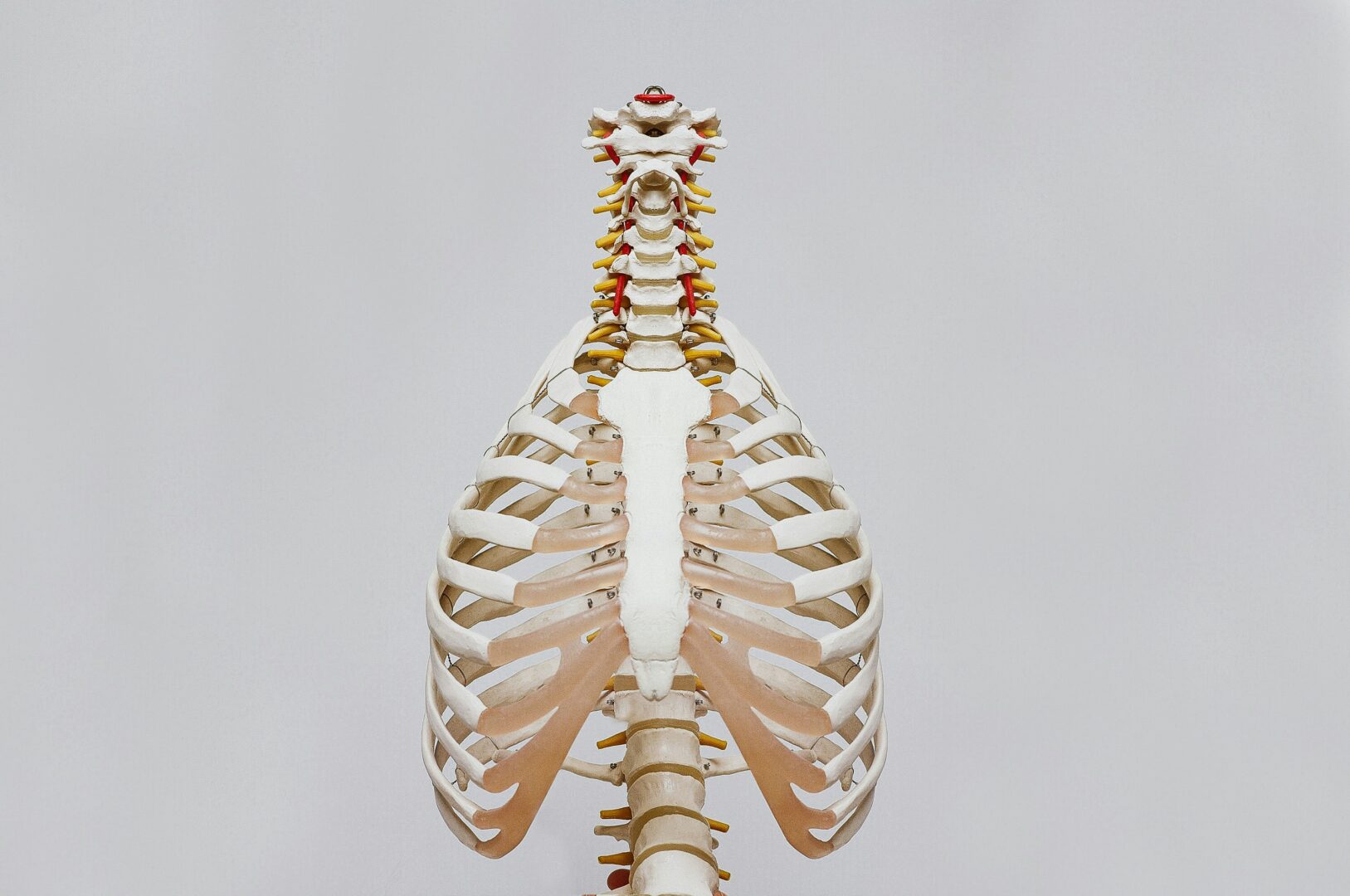When it comes to our physical health, a lot of the time we think about our organs and muscles, but our bones are important too.
Bones give our bodies shape, protect our organs, and help with movement. Bones also house our bone marrow, where blood cells are made.
Currently, Osteoporosis, which occurs due to low bone strength, affects around 3.5 million people in the UK. Osteoporosis can lead to broken bones or painful movement, making it particularly debilitating.
What Do Our Bones Need To Be Healthy?
Our bones need a mix of the right nutrients and constant movement for them to stay strong and healthy. Some of these include:
Key nutrients: Such as calcium (which is what bones are made of), Vitamin D (for absorbing calcium), Magnesium (for bone formation), Protein (for repair) and Phosphorus (for strength).
Exercise: Alongside diet, movement is incredibly important for bone health. Strength training in particular has been proven to improve bone mass and prevent fractures.
Hormones: Interestingly, hormones like testosterone and oestrogen have a huge impact on bone health. This is one of the main reasons why women are at risk of bone health problems during the menopause.
Weight: Our bones are there to structurally support our bodies. Being too overweight or underweight can impact their health.
Luckily, a number of startups have set out to make it easier for us to improve our bone health. Let’s take a look at some of the best:
Ossiform
Ossiform develops bone implants that help support fractured bones whilst they heal.
Made from 3D printed ß-tricalcium phosphate, the P3D bone can be fully reabsorbed to help with bone re-generation. Whilst the technology is still going through approvals, it cleverly uses the materials bones need to heal, to also provide support for them whilst they do. This not only reduces complications, but also helps with quicker recovery.
Osteoboost
Osteoboost is on a mission to provide drug-free treatment to help improve bone health in post-menopausal women.
Using precision vibration therapy, and inspired by NASA research, the company uses mechanical stimulation to reduce the loss of bone density and strength by 85%.
With 1 in 2 women and 1 in 4 men over 50 struggling from bone-health related issues, it has the potential to significantly improve the wellbeing of thousands of people globally.
More from Startups
- Startup of the Week: SurrealDB
- Top AI Startups in Brazil 2025
- InTouchNow.ai: AI Startup Profile
- SilentSale: The Marketplace Built to Protect People, Not Exploit Them
- Top AI Startups in Australia 2025
- Experts Share: How Startups Should Hire If Jobs Are Taken By Automation And AI?
- Are AI Features Increasing The Value Of Startups?
- Founder of the Week: Maya Moufarek
Seen Nutrition
Calcium is incredibly important for bone health, but it can be hard for people to get the amount they need, especially given that the best way to get calcium is from food.
To help combat this, Seen launched their Calcium Chew, made from only 4 real foods to give you highly bioavailable calcium, vitamin D, phosphorus, magnesium, and protein for better bone health. These small chews mean you not only get the calcium you need, but you also get the other vitamins designed to help you absorb them.
Bonescreen
Bonescreen uses AI to analyse CT scans and alert doctors of any signs of osteoporosis.
Their product, spineQ is able to measure bone density and identify fractures, helping doctors lower reporting times and improve the quality of their diagnoses.
Wellen
Wellen is an exercise programme built specifically with bone health in mind. Their personalised programme is designed to help people improve the strength of their bones through movement.
Through a questionnaire, the programme is able to deliver a personalised exercise regime that helps increase bone density strength. That way, they can reduce the risk of fractures and breakages.
Nanox.AI
Nanox is another company that uses AI to analyse CT images and more accurately diagnose bone issues. Whilst their imaging also focuses on key organs, the aim is to spot issues early, allowing doctors to implement preventative care.
Their AI bone solution is able to analyse CT images to detect vertebral compressions, measure bone density and spot any abnormalities. This can help make more accurate diagnoses from the start.
Porous
Porous is finding new ways to measure bone health, in order to combat the bone health crisis. The company, which has been co-funded by the EU, measures bone density through ultrasound, allowing it to detect cortical thickness, pore-size distribution and other physical properties of the bone.
By using ultrasound, which is able to measure the bone without radiation hazards, the company is finding new ways to prevent osteoporosis by allowing doctors to detect issues early.
Meticuly
Meticuly uses 3D printing technology to create implants to improve bone health and support them in their recovery. Using AI, the company is able to create visualisations of bone structures.
From there, it 3D prints the implant to match the person’s specific anatomy. That way, patients who need to undergo surgeries are more likely to see positive results.

